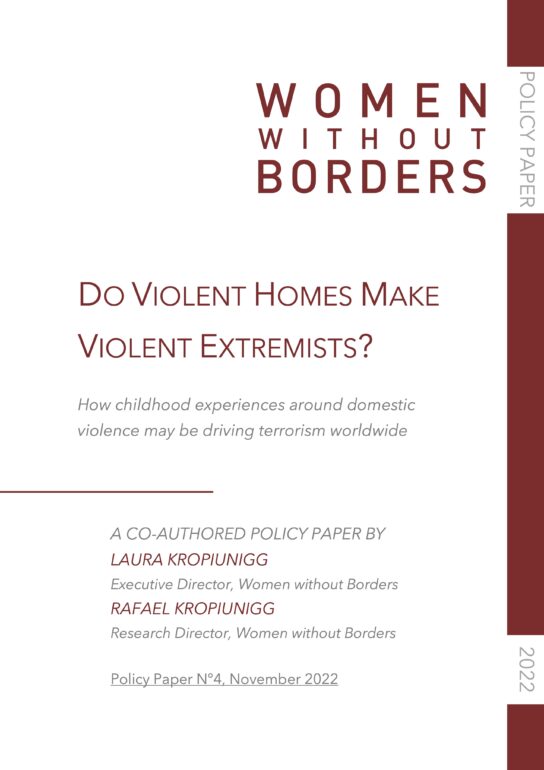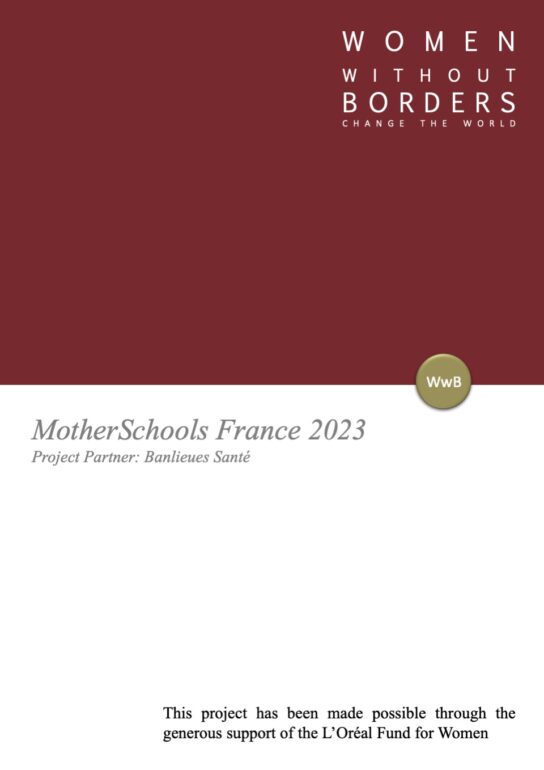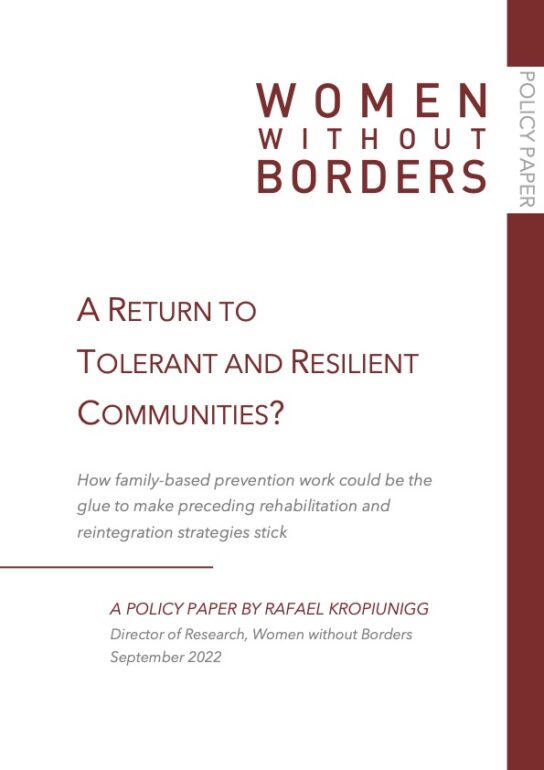The 2011 uprisings that swept across parts of the Arabic-speaking world had a siginficant impact on social and political norms. Although Saudi Arabia was not affected by the Arab Spring, a wave of ‘modernisation’ could be observed in the subsequent period. In response to these changes, Women without Borders (WwB) collaborated on a study that surveyed university students in Saudi Arabia on their perceptions and willingness to accept shifting gender roles and the emergence of women as leaders and contributors to society. This paper highlights the key findings from the study.
This article presents the key findings from Women without Borders’ (WwB) ‘Bridging the Gap’ research study, which helped to shed light on the needs, hopes, and dreams—as well as the setbacks—of the young generation in Saudi Arabia, a country that was still widely unexplored by and inaccessible to social scientists at the time. Over the course of two years, WwB surveyed 4,400 male and female students enrolled at the universities of King Saud, King Abdul Aziz, Dar el Hekma, Al Qassim, and King Faisal. Based on the premise that gender roles are changing in women’s favour, the research survey asked the following questions: How can Saudi Arabian women participate in and contribute to their society, and how can they operate as a visible force for positive change? How do their male counterparts perceive these changes, and how are they adapting alongside the educated women in a continuously changing society? The results of the study ultimately point to a common denominator: far from arguing for the preservation of deeply-engrained gender norms, both the educated young men and women in Saudi Arabia aspire to foster a more inclusive and equal future for women while upholding the three principles of Saudi life: family is paramount, religion is treasured, and tradition is upheld.





